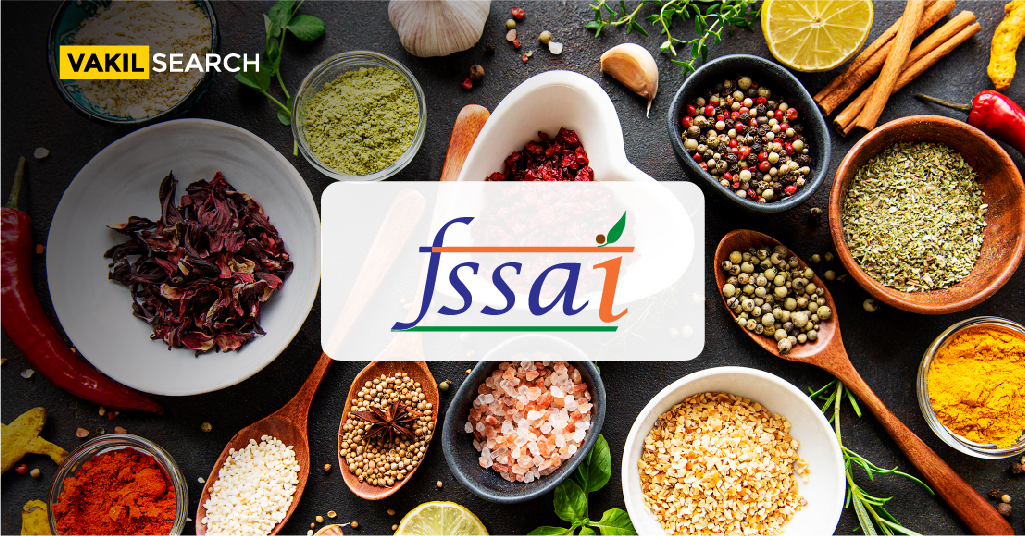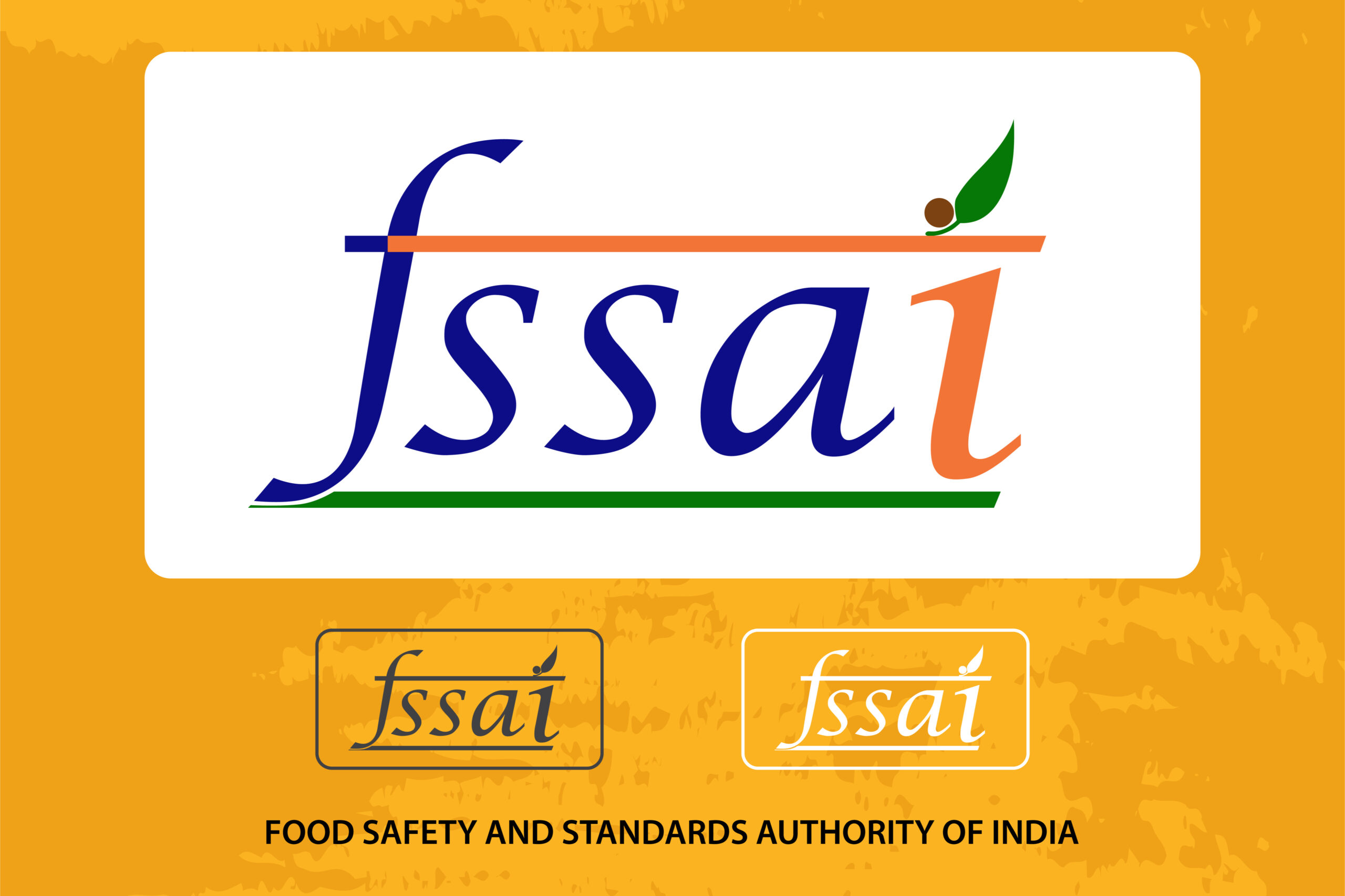To provide relief to businesses affected by the COVID-19 pandemic, the FSSAI has announced that it will grant additional time to FBOs (Food Business Operators) and distribution agencies to comply with the Food Safety and Standards (Recovery and Distribution of Surplus Food) Regulations, 2019.
Exports of agricultural and processed food in 2019 exceeded ₹1.28 lakh crore. During the pandemic, the Food Processing sector did not record negative growth or stagnation. Many FMCG brands say they’re out of ready-to-eat snacks and biscuits. Agriculture, food processing, prepared foods, fisheries, organic produce are all opportunities. This post discusses recent developments in the Indian food processing industry and how your brand can benefit.
What Does the Food Processing Industry in India Comprise?
The food processing industry includes raw products of agriculture, dairy, fishing, poultry which are transformed through a process that ultimately adds commercial value. This value addition can take several forms such as packaging, preservation, sun drying, and the addition of artificial additives. In India, there are several success stories of profit-making food processing businesses such as Maggi’s noodles, Kissan Jams, Lijjat Papads, Parle G biscuits, Mother’s Recipe Pickles, McCain’s frozen snacks, etc.
Opportunities of Food Processing Industry
- India has the distinct advantage of being one of the largest markets of consumer products in the world.
- India is the second-largest grower of fruits and vegetables (only next to China) as well as the largest grower of agriculture produced in the world.
- Huge production scope – Despite being a leader in produce, India has a minimal yet growing processed food base, thereby indicating that a huge opportunity exists in this sector.
- Large segments of the population – Unlike many other developed countries, India is a young nation, with a large population of adolescents, young adults, and middle-aged groups. This presents a business opportunity for designing several food products catering to different consumer groups.
- Rising awareness for healthy and organic products – The pandemic has renewed our interest in healthy living, controlled diet, reducing sugar, and fat intake. Thus, natural products made from organic fruits and vegetables such as nutritional supplements, snacks, etc are here to stay.
Click Here For : Apply FSSAI online
Government initiatives for Food Processing Industry
100% Foreign Direct Investment in Processed Food Businesses
With a view to promoting strategic partnerships in the Indian food processing sector, the government has allowed 100% FDI in businesses dealing in processed foods. Indian brands can benefit from a foreign player’s technology in manufacturing and processing. Food processing is also recognised as one of the 25 areas of focus under Make in India, hence the automatic approval route is open to foreign partners looking for investment in India’s food business.
PM Kisan Sampada Yojana
- This scheme is aimed at promoting entrepreneurs in setting up food processing units, closer to agricultural areas.
- Development of cold storage facilities, specialised packaging units, warehousing facilities, etc and other preservation facilities are eligible for grants under the scheme.
- The scheme provides a grant in aid of 35% of the eligible project cost in most states and 50% of the project cost in North-east and Himalayan states.
- The development of agricultural facilities under the scheme intends to benefit investors, entrepreneurs, farmers, farmer organisations, and agriculture cooperatives.
Creation of Mega Food Parks
- A mega food park is an integrated facility that provides storage, processing. Additionally, value additions to a large number of players in the food processing industry. Under the Mega Food Park Scheme, the Government of India provides financial assistance up to Rs. 50.00 Crore per Mega Food Park project.
- Most food parks have the following services – tetra-packaging, food testing laboratories, drying chambers for spices and agricultural produce, cold storage, warehousing, packaging and printing facilities
- Thus, the food park provides financial incentives to investors. It also provides convenience to processors and companies utilising its facilities, in addition to generating employment and better services.
Operation Greens
- In the budget 2018-19, the government announced the Operations Greens scheme to promote integrated value chain development for crops. They are tomatoes, potatoes, and onions.
- Post-harvest processing facilities will be eligible for a grant in aid of up to 50% of the project cost. It also subjects to the maximum limit of 50 crores
PM Formalization of Micro Food processing Enterprises
- This scheme aims at helping small micro-units engaged in the food processing industry.
- Many businesses at the grass-root level such as chilli drying, spice packaging, pickle, and papad making engage directly with farmers.
- Recognising the role of such micro-units, a 35% subsidy can be availed. It is by such units on their project cost, up to a maximum of ₹10 lacs
Conclusion
India’s food processing industry is all set to become the most robust sector. The FSSAI regulation has been enhanced in the last two years. This regulation improves cold storage, food processing, and international partnerships. Processed food is becoming more marketable with companies like Amazon, Grofers, and Big Basket. Moreover, export benefits have expanded India’s market.
Also Read:









